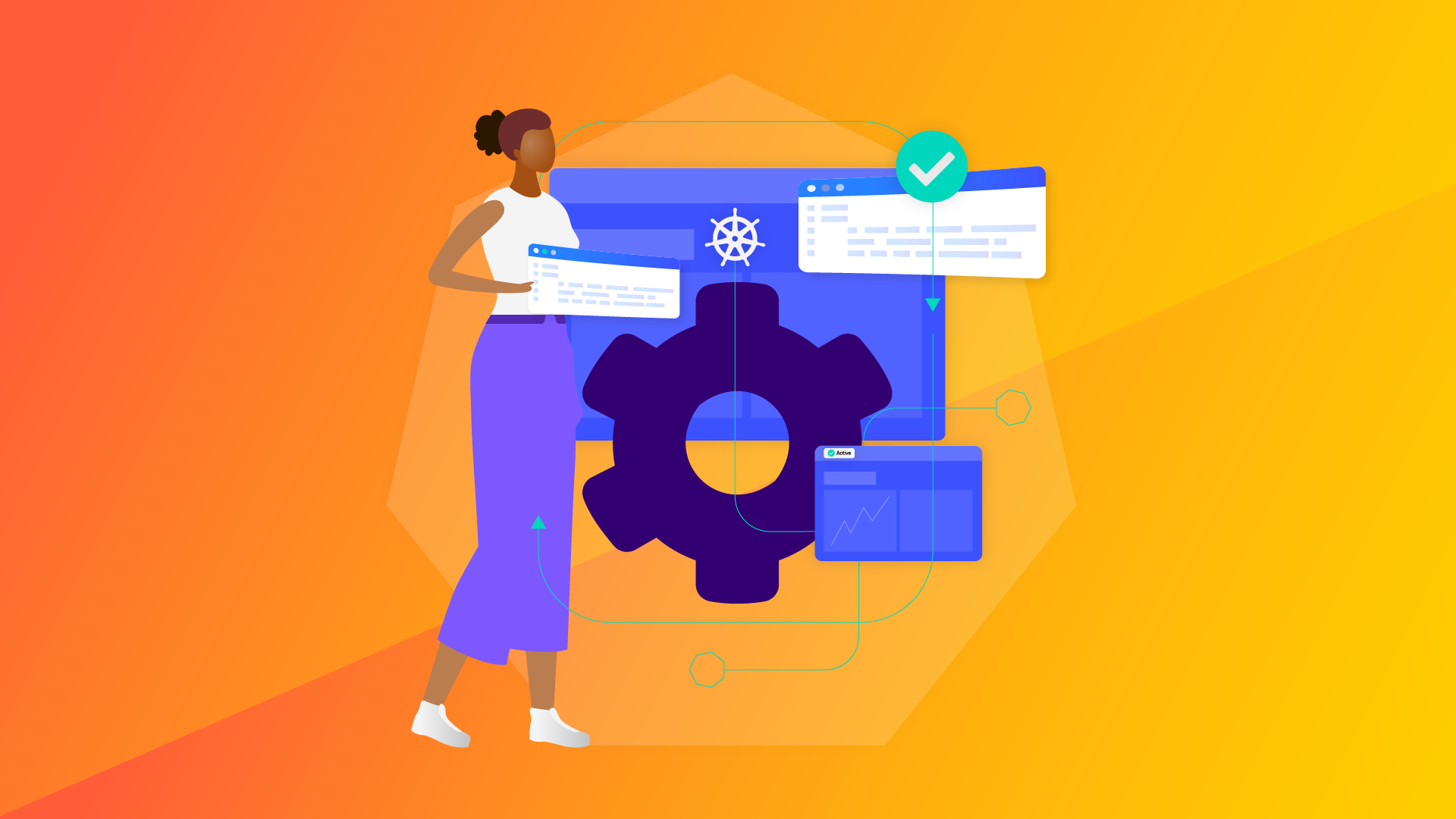Why 87% of AI/ML Projects Never Make It Into Production | D2iQ

5 min read
Going from prototype to production is perilous when it comes to artificial intelligence (AI) and machine learning (ML). However, many organizations struggle moving from a prototype on a single machine to a scalable, production-grade deployment. In fact, research has found that the vast majority—87%—of AI projects never make it into production. And for the few models that are ever deployed, it takes 90 days or more to get there. While Kubernetes and Kubeflow would seem to be an ideal way to address some of the obstacles, the steep learning curve can introduce complexities for data scientists and data engineers who might not have the bandwidth or design to learn how to manage it.
These are the three most common challenges enterprises face when deploying AI/ML models into production:
1. Model Development
Jupyter Notebooks makes documentation, data visualization, and caching a lot easier for data scientists. However, as soon as you need to execute them in production at scale, notebooks become incredibly challenging to work with because they lack effective version control, testing and debugging, modularity, and extensibility. A lack of familiar tools can impede productivity and time-to-market.
2. Service Complexity
Building a modern ML/AI platform from scratch requires selecting the right technologies needed for production, integrating them into the stack, and testing them to ensure they work well together and scale—all of which are time-consuming and resource intensive to set up. This leads to significant wait times for data science teams, as they, or other teams, define, build, and maintain complex environments.
3. Data Access and Security
Data scientists require full access to modeling enterprise data to ensure the accuracy of their models. However, a lack of governance for deployed workloads, misconfigured access policies, and misplaced laptops can lead to significant data security risks and inefficient use of resources. As a result, data scientists often are limited to smaller, less usable snapshots of the data instead of the full data lake, which can impact model accuracy.
How can organizations overcome these impediments and achieve the benefits ML/AI offers?
Deliver AI/ML on Kubernetes with Speed and Agility
Kaptain AI/ML is a comprehensive machine learning platform powered by Kubeflow that enables data scientists and data engineers to harness the scalability and flexibility of Kubernetes without having to struggle with its complexity.
Kaptain AI/ML and Kaptain SDK provide a notebooks-first approach to managing the entire machine learning lifecycle, from model development to training, deployment, tuning, and maintenance.
By reducing the complexity and friction of getting AI/ML models into production, Kaptain AI/ML helps organizations increase the share of models being implemented, yielding positive returns on investment.
To learn how your organization can take advantage of AI/ML on Kubernetes, see the Kaptain AI/ML information on our website or contact us for a demo.








